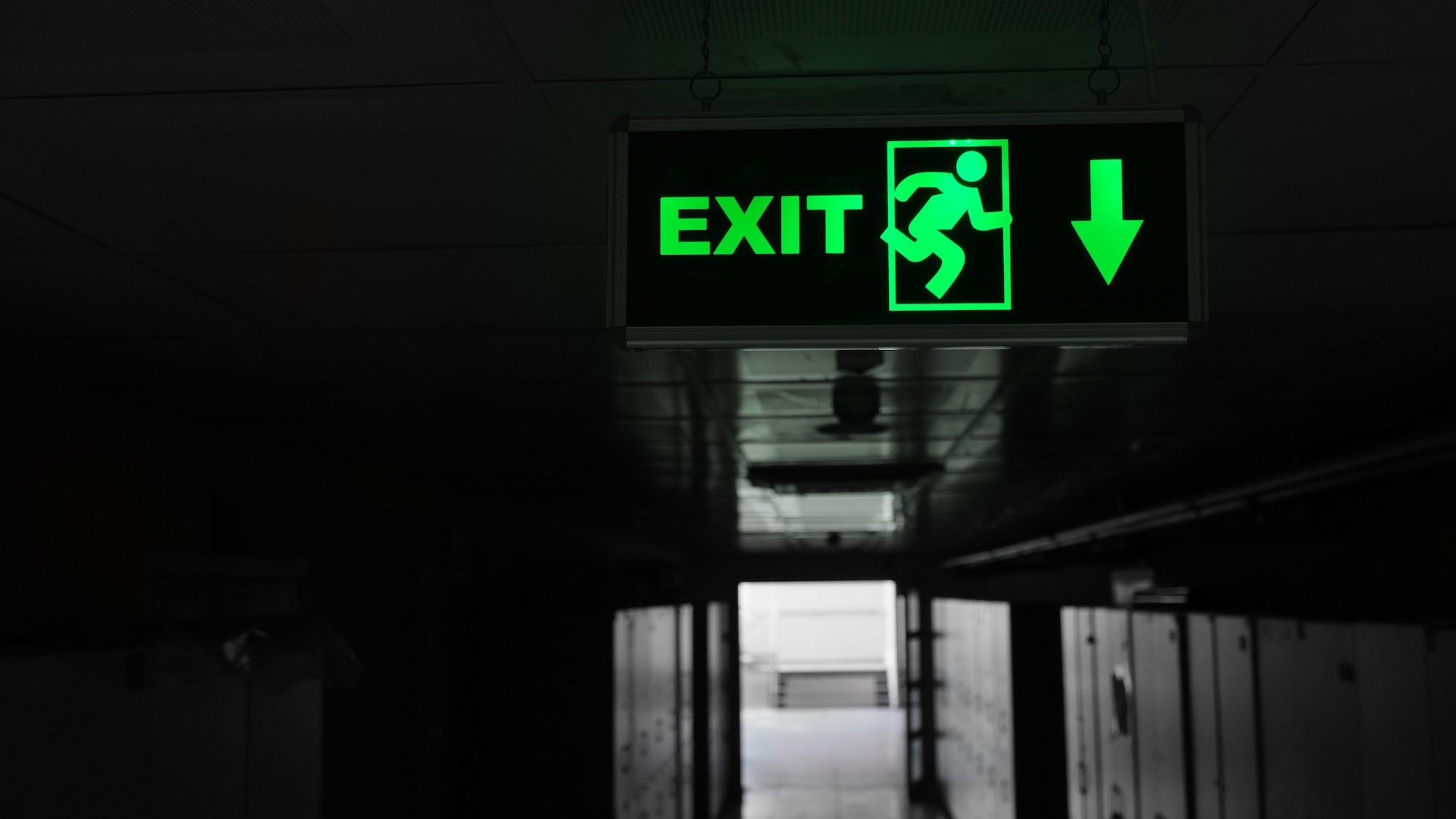Preparing for an emergency by having an emergency management plan for regular office hours is essential. However, have you considered how an after-hours emergency could impact your organisation?
Imagine you are responsible for taking care of hundreds of boarding school students overnight, or for hundreds or thousands of patrons at a night-time event, and there is an emergency. Would you be prepared to manage the emergency effectively?
After-hours emergencies can present additional challenges that may have yet to be considered in your emergency management plan. Some of these include:
- Limited resources and facilities, including fewer staff, equipment, electricity, lighting, and supplies compared to regular business hours, affecting the quality and speed of emergency response.
- Lower temperatures during the night, particularly in the colder months.
- Limited communications with staff who have finished for the day, resulting in delayed coordination of efforts and response times.
- Higher stress levels and fatigue for after-hours staff with fewer personnel on-site to assist, impacting decision-making and overall effectiveness in managing the situation.
We have provided some steps below to help your organisation prepare for an after-hours emergency:
1 – Include potential after-hours scenarios in your emergency management plan
Identify and include potential after-hours scenarios in your emergency management plan, the steps to be taken in each scenario, and who is responsible for each step.
Regularly evaluate and update the plan based on feedback, lessons learned, and any organisational changes. As you encounter new scenarios, make necessary adjustments to the plan to improve your emergency preparedness.
2 – Establish a list of emergency contacts
Compile a list of emergency contacts, including local authorities, emergency services, security personnel, and key staff members who should be notified in an emergency. Make sure this list is easily accessible to all relevant personnel and is included in the emergency plan.
3 – Conduct after-hours training and drills
Include after-hours emergency procedures and response actions as part of regular emergency training and drills so all staff and contractors know their roles and responsibilities in an emergency at any time of the day or night. Consider facilitating training and drills after hours to capture these team members, and to identify areas for continuous improvement during this time.
4 – Develop a communications plan
Effective communication is essential during emergencies to relay instructions and coordinate response efforts.
Developing a clear communications plan for after-hours emergencies involves establishing a chain of command so personnel can respond quickly and effectively. This ensures everyone knows whom to report to, who is responsible for making decisions, and who needs to be contacted. The communications plan should provide clear instructions and keep all personnel informed of any updates or changes to the emergency plan.
Reliable communications systems must be in place to support the communications plan to maintain contact during emergencies. This includes mobile phones, 2-way radios, or a designated emergency communication platform, which should be tested and charged regularly to ensure they function correctly.
5 – Keep an emergency supply kit
An evacuation kit is essential to prepare your organisation for an evacuation or lockdown scenario.
This may include first aid supplies, fire extinguishers, flashlights, batteries, emergency food and water, blankets, and other items specific to your organisation’s needs (you can read more about essential emergency management products here).
Remember to regularly check and restock these supplies to ensure they are up to date, maintained and reflect the requirements outlined in the emergency management plan.
If you would like to learn more about how Bounce Readiness can assist your organisation in preparing for after-hours emergencies, please get in touch.

